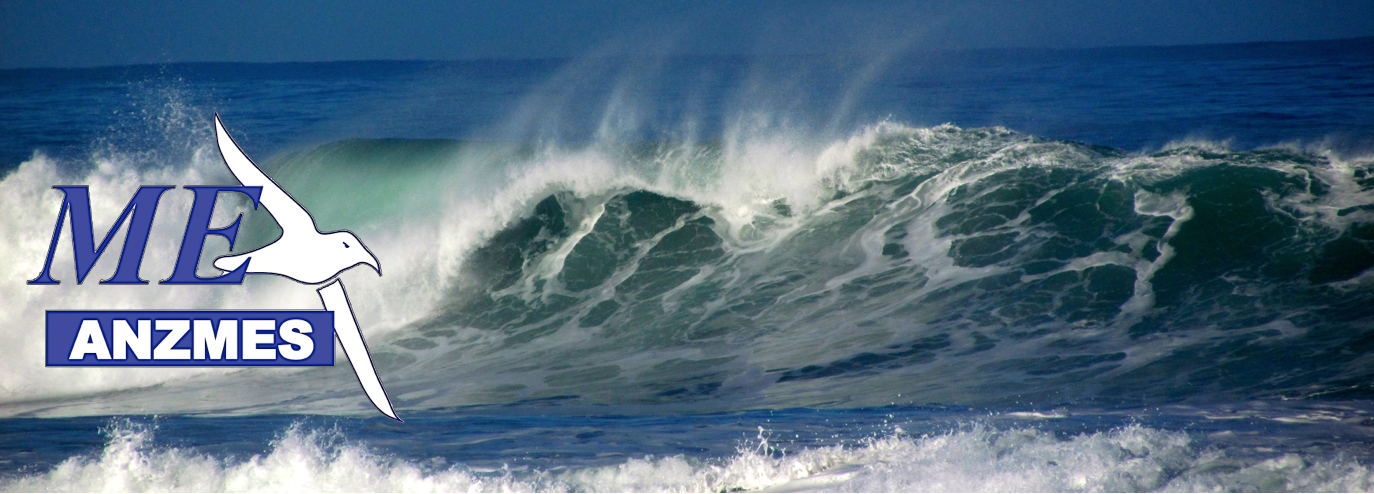May 12th is the Myalgic Encephalomyelitis/Chronic Fatigue Syndrome (ME/CFS) International Awareness Day. As we mark this day each year, we highlight how you can support the millions of people globally (and at least 25,000 here in NZ) who suffer from ME/CFS. We mark this day on Florence Nightingale’s birthday, because it is thought that she developed ME/CFS after an infection contracted during the Crimean War.
ME/CFS is a serious, disabling, long-term disease which affects multiple bodily systems (immune, endocrine, neurological and autonomic). [1] The World Health Organisation classified ME/CFS as a neurological disease back in 1969. Despite this, ME/CFS has often been misunderstood, stigmatised as psychosomatic, and underfunded. Today we have a much clearer understanding of the biological basis for the disease through research from the likes of Harvard, Stanford, Cornell, and DePaul universities in the USA, and our very own Emeritus Professor Warren Tate of the University of Otago.
This year, with COVID-19 still present globally, we also want to direct attention to the estimated 25-35% of cases [2] who have not recovered from the virus. Those people who are still unwell 12 weeks after the expected recovery period, are classed as having “Long COVID” and some go on to receive a diagnosis of ME/CFS as well.
There are similarities between ME/CFS and Long COVID (some symptoms overlap):
| ME-CFS * | Long COVID * |
| Severe fatigue with post-exertional malaise | Fatigue |
| Cognitive dysfunction (brain fog, memory lapses) | Brain fog |
| Gastrointestinal issues | Gastrointestinal issues |
| shortness of breath | shortness of breath |
| Fevers/Chills | Fevers/Chills |
This is not surprising because a large percentage of those with ME/CFS, develop it after not recovering from a virus such as Epstein Barr/Mononucleosis, SARS-CoV, etc., or from other infectious illnesses such as Lyme disease (Mayo Clinic, 2020).
What does it mean to have ME/CFS? The list above is not exhaustive. Those with ME/CFS also experience significant deep muscular pain and can also experience a varying degree of symptoms that link to dysfunction of distinct systems in the body [3]:
| Immune | Neuroendocrine | Autonomic |
| Recurrent sore throats, flu-like symptoms, tender/swollen lymph nodes | Thermostatic dysregulation (feverish but will cold extremities (hands, feet), night sweats, intolerance of heat and cold | Circadian rhythm dysfunction (exhausted during day, wide awake at night unable to sleep). Unrefreshing sleep |
| Sensitivities (to light, sound, smells, food, chemicals, medications) | Information processing and thinking difficulties, perceptual disturbances | Orthostatic intolerance, irregular heartbeat, low blood pressure, POTS |
ME/CFS is a chronic illness, meaning it is long term.
It can be classed as having three distinct levels of symptom severity [4]:
Mild – at least a 50% decrease in pre-illness activity but may still be able to achieve part-time work and activities
Moderate – mostly housebound (can’t attend work/school or do normal activities)
Severe – bedbound and dependent on help with all daily care
(this occurs in approximately 25% of all ME/CFS cases).
ME/CFS knows no bounds – it affects all ages, ethnicities, genders and socioeconomic groups. At this point in time there is no cure, but there is research going on to develop a suitable treatment based on previous research into root cellular causes and dysfunction. Currently Prof. Tate is working on comparing the molecular similarities between ME/CFS and Long COVID patients recruited through the practice of collaborating physician Dr. Rosamund Vallings, in order to not only understand the underlying pathophysiology (root causes and malfunctions) but also to discover potential treatments. [5] Dr. Tate states “Unlike ME/CFS patients who have had their illness from six months to over 40 years in some cases, the long COVID group with post-viral fatigue have been unwell for a relatively short time (up to a year). This is early in the course of what could be a lifelong disease like ME/CFS, so now is the best time to research therapeutic options that might alleviate – and even reverse – the disease.”
How can you help?
5 ways:
1 Educate – This awareness day, please take time to learn more about ME/CFS and Long COVID by visiting links suggested in this article, by perusing the rest of the ANZMES website and joining our Facebook page: If you or someone you know has ME/CFS share your personal stories with others, on social media, and take time to listen to others’ stories.
2 Support – on May 12th wear BLUE to raise awareness and show support for people with ME/CFS, their families and caregivers as well as the researchers who study ME/CFS. Please use social media to spread information about ME/CFS – share this article, and post photos of you and your family and friends wearing blue. Use hashtags #ISTANDforMECFS #MECFSUnity #ANZMES #BLUEforMECFS #millionsmissing #thelonghaulandME #MEandCOVID #solveMECFS
3 Share our posters and memes and this blog on social media, with friends and family, with your local GP and healthcare providers, and lets show all those living with ME/CFS and Long COVID that they are not alone, they are heard and supported.
Posters:
4 Lobby your local MP to demand that:
- Evidence-based health guidelines are used by all government agencies to ensure accurate information about ME/CFS for timely diagnosis and management and access to necessary services (including home help and supported living payments)
- Dedicated research funding is set aside for treatment development
- ME/CFS is reclassified as a disability so that those unable to work due to the severity of their illness are able to gain access to the services they need.
5 Join our organisation to receive lobbying letter templates, information sheets, and access to the latest news and developments.
We look forward to seeing your presence on social media this May 12th for ME/CFS International Awareness Day 2021. Thank you.
[1] Kerr, J. (2020). https://doi.org/10.3390/biom10111484
[2] http://www.brnz.ac.nz/news-events/brain-research-new-zealand-funds-covid-19-research-projects and https://www.omf.ngo/covid-19-to-me-cfs-study/
[3] For a more comprehensive list visit: https://www.massmecfs.org/cfids-me-cfs?start=1 and https://www.cdc.gov/me-cfs/symptoms-diagnosis/symptoms.html
[4] https://www.betterhealth.vic.gov.au/health/conditionsandtreatments/chronic-fatigue-syndrome-cfs
[5] http://www.brnz.ac.nz/news-events/brain-research-new-zealand-funds-covid-19-research-projects









